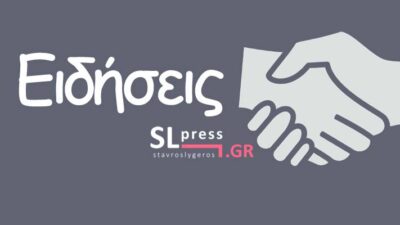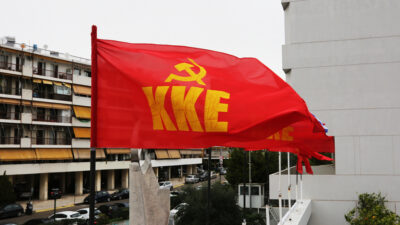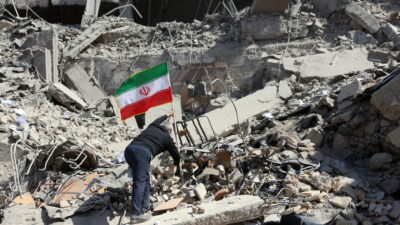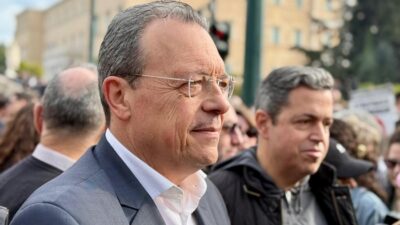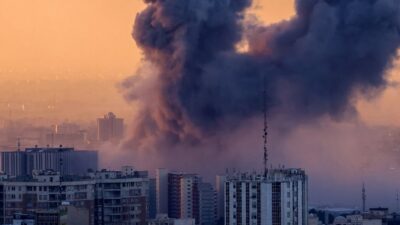Zacharias Michas: Managing the deterrent message of the Hellenic Armed Forces Chief
20/06/2020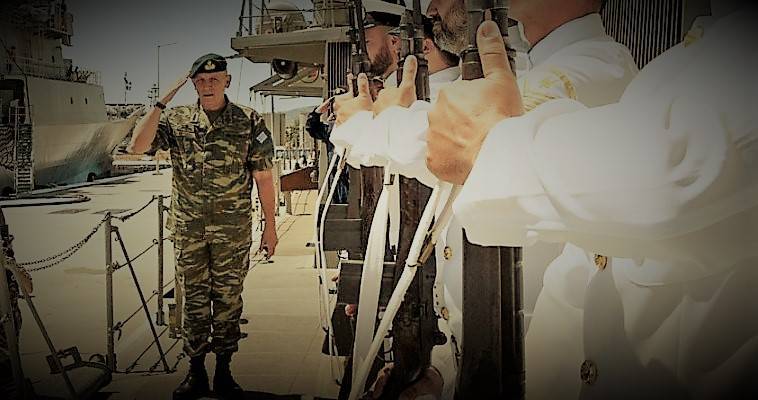
The statement of the head Hellenic Armed Forces General Staff (GEETHA), General Konstantinos Floros, that “whoever steps on Greek soil, we will first burn him and then we will go up to see who he was” shook the stagnant waters in the field of deterrent rhetoric. As expected, the reactions in a Greece that has always been fond of divisiveness range from absolute condemnation of the statement-warning to Ankara by the well-known flag bearers of appeasement, to absolute acceptance.
At the same time, there is an intermediate view, according to which the same message could have been conveyed to Turkey through the use of politically correct phraseology. Our position is that the discussion that a leading national elite with a “national security culture” should have is not the above. It is whether Greek deterrence was reinforced or not by the statement of the head of GEETHA.
From its content, the statement by the head of GEETHA obviously concerns the possibility of a hot incident according to the Imia model. That is, the landing of Turkish forces on a Greek island. With this as a given and setting aside the style, General Floros did not say anything either original, nor exaggerated. He reiterated the similar position of Admiral Apostolakis, his predecessor.
It is recalled that in Greek defense planning, in this scenario, in theory there are three ways to react:
- First, the recapture of the islet. The negative side of this choice is that requires a whole operation that will have inevitable victims.
- Second, the leveling of the islet. It ensures that there are no victims from the Greek side, but creates conditions for an escalation of the crisis.
- Thirdly, a Greek landing on a Turkish island, so that the method of disengagement is indirectly indicated, with the withdrawal and return to the status quo ante on both sides.
The third option, although at first glance seems ideal, has its own problems. Most importantly, there is no need for a Turkish target to be near the theater of crisis, and if there is, it will probably be guarded. If another one is selected in another part of the Aegean, there is an open possibility for Turkey to choose what we did not choose, that is leveling, throwing the ball on the Greek court. In this way, it will have essentially imposed the generalization of the conflict, testing the real limits of Athens, which abhors the military choice. Simply put, in such cases, there are no free options.
Journalists can not act as go-betweens
Returning to the statements of the head of GEETHA, however, it is obvious that the communicative power of phraseology that was chosen in the context of a free discussion with journalists, had as a result that the deterrent message focused on this. The truth is that the Chief spoke of a decisive stance with scalable military response scenarios and in case the questioning of Greek sovereignty did not concern the land, but the sea, such as the issue of conducting Turkish investigations and drilling within the Greek EEZ.
From a journalistic point of view, the focus and overemphasis on the “burning” statement leaves open the possibility that the message will be misread in Ankara. The Turks may perceive a different intensity of the deterrent message sent by General Floros, in a way that they believe that the Greek reaction to their own research will not be decisive. After all, at the present time we are talking about Turkish research vessels and drilling rigs and not about repeating the Imia scenario.
In the discussion of journalists with the head of GEETHA, the margins of escalation of a crisis on any occasion were emphasized in a completely logical military way, as well as the fact that the military plans are important “in the first five minutes of the crisis”, as then each crisis has Its own dynamics and a leading role will be played by a good understanding of the situation and the rationalization by political and military leadership.
He stressed in several places the primacy of politics over military power in democracies. In an aside, he called Erdogan “a great leader but authoritarian.”
This report is particularly important because many have been quick to criticize what the journalistic pen chose to write, in order to “sell” the news in a commercially efficient way, not to describe the Greek position and the message sent to Ankara holistically.
That, of course, was predictable. Therefore, next time such crucial messages should be sent differently and not in a way that allows journalistic mediation in matters of national security, no room for misunderstanding should be left and the message should not be distorted by conversational context.
